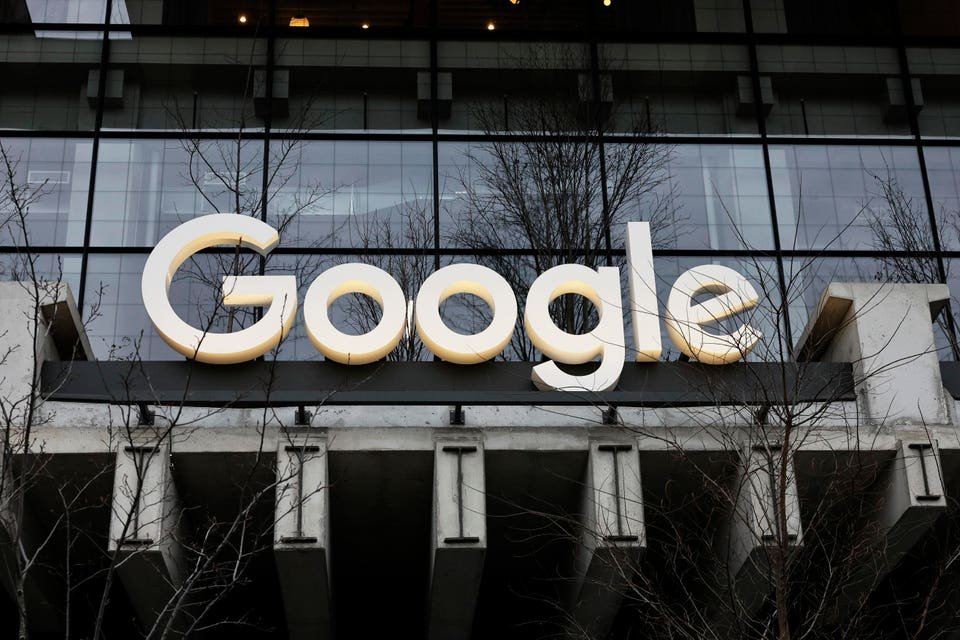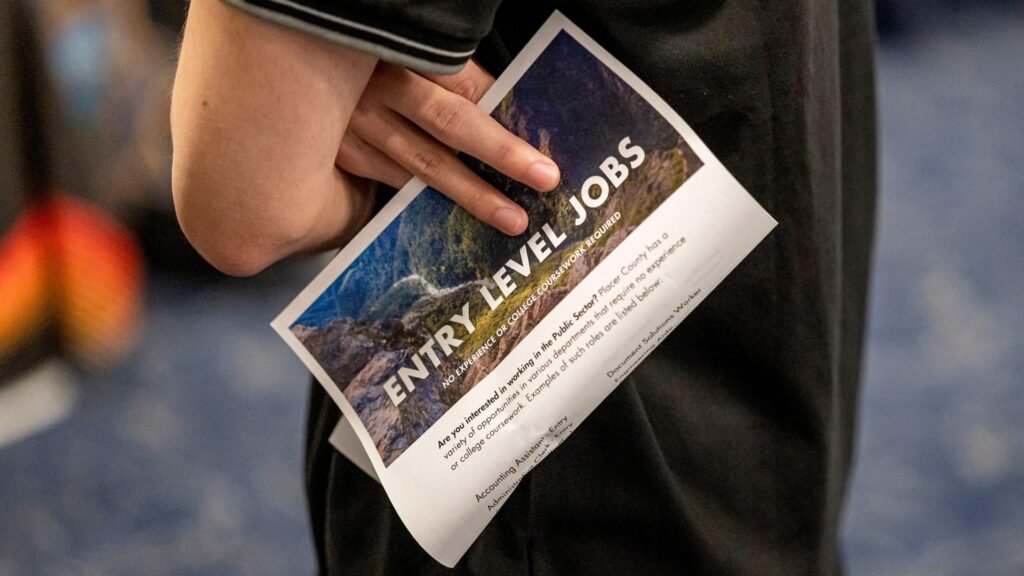
What a disaster if Google had been forced by the courts to sell Chrome…for antitrust.
Evidence supporting the above claim can be found all around us, and in the myriad ways that we’re able to access endless amounts of information on the internet. But to keep things current, all one need do is to Bing, DuckDuckGo, Grok, Co-Pilot, Perplexity, ChatGPT, or – yes – Google the word “Anthropic.”
While the dictionary definition of anthropic is “involving or concerning the existence of human life, especially as a constraint on theories of the universe,” a search of Anthropic starting with capital A leads us to yet another business working feverishly to discover an Artificial Intelligence (AI) future that as you’re reading this is almost certainly in the earliest of early stages.
Anthropic’s “Claude” is described as “a conversational AI designed to be helpful, honest, and harmless.” Think of it as even more competition for our time in the present and future, future the operative descriptor in consideration of Anthropic’s $185 billion private valuation. Anthropic opened its doors just four years ago.
Which is the point, and also the answer to former assistant attorney general Jonathan Kanter’s lament in the New York Times that “Washington had a wide-open shot to hold Google accountable for sweeping antitrust violations. Instead of taking the shot, the court banked the puck off the boards, hoping for a lucky bounce.” In a quieter moment, Kanter might admit that as opposed to banking “the puck off of the boards,” Washington saved antitrust law from itself.
To see why, contemplate Anthropic’s private valuation yet again. Far from a mirror into the present of commerce, $185 billion is a rather outsize speculation from investors that Anthropic, others like it, and surely countless others not remotely like it, will eventually invent a business environment that will in no way resemble that of the present. Statement of the obvious? Well, yes. But sometimes the obvious must be stated.
While Google or Alphabet’s corporate valuation ($2.84 billion) presently dwarfs that of Anthropic, Anthropic’s market capitalization is a loud signal that the tomorrow of internet, information, work, and so much more will bring new meaning to George Will’s quip about tomorrow in business being another century. It’s worth keeping in mind as Kanter and other Google critics are distracted by Chrome.
Taking nothing away from its ubiquity born of essentiality in the face of some of the most powerful competition in the world (lest we forget, Chrome loomed large in the replacement of Microsoft’s Internet Explorer), the evolving fruits of a search on Chrome prominently reveal just how tenuous its hold on the future of search is. As this column has stated routinely, Chrome searches of 2025 in no way resemble searches from 2022, and they don’t because of the proliferation of non-Chrome options for computer users. As opposed to a monopolist with Chrome, Google has been adapting it to a future that in no way resembles the present. And that’s not changing.
See Anthropic once again. Its $185 billion valuation isn’t a signal of stasis stalking the technology space, but powerful dynamism all around us. Which perhaps explains Google’s own investment in Anthropic, and the very real possibility that relative technology minnows have a keener read on what’s ahead than do today’s giants.
It’s a long way of saying that Google has long known what antitrust critics of it do not. Translated, a “monopoly” strategy informed by Chrome is the path to rapid obsolescence. It’s possible “Washington” similarly grasped the previous truth last week, and in doing so once again saved antitrust from itself.
Policy, /policy, Business, /business, johntamnyblog, standard What a disaster if Google had been forced by the courts to sell Chrome…for antitrust.
Evidence supporting the above claim can be found all around us, and in the myriad ways that we’re able to access endless amounts of information on the internet. But to keep things current, all one need do is to Bing, DuckDuckGo, Grok, Co-Pilot, Perplexity, ChatGPT, or – yes – Google the word “Anthropic.”
While the dictionary definition of anthropic is “involving or concerning the existence of human life, especially as a constraint on theories of the universe,” a search of Anthropic starting with capital A leads us to yet another business working feverishly to discover an Artificial Intelligence (AI) future that as you’re reading this is almost certainly in the earliest of early stages.
Anthropic’s “Claude” is described as “a conversational AI designed to be helpful, honest, and harmless.” Think of it as even more competition for our time in the present and future, future the operative descriptor in consideration of Anthropic’s $185 billion private valuation. Anthropic opened its doors just four years ago.
Which is the point, and also the answer to former assistant attorney general Jonathan Kanter’s lament in the New York Times that “Washington had a wide-open shot to hold Google accountable for sweeping antitrust violations. Instead of taking the shot, the court banked the puck off the boards, hoping for a lucky bounce.” In a quieter moment, Kanter might admit that as opposed to banking “the puck off of the boards,” Washington saved antitrust law from itself.
To see why, contemplate Anthropic’s private valuation yet again. Far from a mirror into the present of commerce, $185 billion is a rather outsize speculation from investors that Anthropic, others like it, and surely countless others not remotely like it, will eventually invent a business environment that will in no way resemble that of the present. Statement of the obvious? Well, yes. But sometimes the obvious must be stated.
While Google or Alphabet’s corporate valuation ($2.84 billion) presently dwarfs that of Anthropic, Anthropic’s market capitalization is a loud signal that the tomorrow of internet, information, work, and so much more will bring new meaning to George Will’s quip about tomorrow in business being another century. It’s worth keeping in mind as Kanter and other Google critics are distracted by Chrome.
Taking nothing away from its ubiquity born of essentiality in the face of some of the most powerful competition in the world (lest we forget, Chrome loomed large in the replacement of Microsoft’s Internet Explorer), the evolving fruits of a search on Chrome prominently reveal just how tenuous its hold on the future of search is. As this column has stated routinely, Chrome searches of 2025 in no way resemble searches from 2022, and they don’t because of the proliferation of non-Chrome options for computer users. As opposed to a monopolist with Chrome, Google has been adapting it to a future that in no way resembles the present. And that’s not changing.
See Anthropic once again. Its $185 billion valuation isn’t a signal of stasis stalking the technology space, but powerful dynamism all around us. Which perhaps explains Google’s own investment in Anthropic, and the very real possibility that relative technology minnows have a keener read on what’s ahead than do today’s giants.
It’s a long way of saying that Google has long known what antitrust critics of it do not. Translated, a “monopoly” strategy informed by Chrome is the path to rapid obsolescence. It’s possible “Washington” similarly grasped the previous truth last week, and in doing so once again saved antitrust from itself.
Adblock test (Why?)
Forbes – Business



